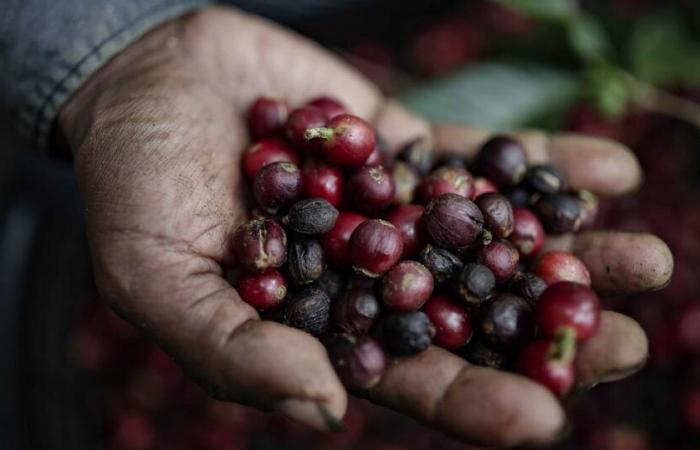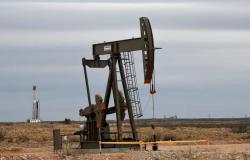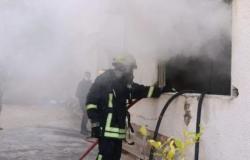Almost fifty years since coffee has been so expensive: the price of Arabica reached a peak on Wednesday, mainly due to growing fears over the harvest in Brazil, the world’s largest producer, hit by a historic drought and weeks of fires.
Such a price, never seen in decades, and a surge which also concerns robusta, a cheap variety and less aromatic than arabica, will have repercussions on consumers, who will continue to see the price of their coffee increase.
“It is clear and clear that this will have a significant impact”, and this from the start of next year, when companies will negotiate their coffee contracts, according to John Plassard, analyst at Mirabaud.
Price increase
Nestlé, which owns Nespresso, Nescafé, as well as Starbucks pods sold in supermarkets, had already announced in November an upcoming price increase and a reduction in the size of its sachets in the face of eroding margins, reports the agency Bloomberg.
The JM Smucker group, which owns the Folgers, Dunkin and Cafe Bustelo brands, among the best-selling in the United States, has already achieved a first price increase in June on certain brands, then a second in October across all of its brands. his wallet.
Bad production
The rise in prices is above all linked to supply in Latin America, but also in certain African countries, specifies John Plassard.
In Brazil, fires of extraordinary magnitude, most of them of criminal origin according to the authorities, raged for several weeks this summer, from the Amazon in the north to the south of the country, favored by a drought historical. Result: the coffee harvest, of which this agricultural giant is the world’s leading producer and exporter, is shaken. And the pound of arabica, the most expensive and best-selling, reached a record since 1977 in New York on Wednesday, at 320.10 cents.
External content
This external content cannot be displayed because it may collect personal data. To view this content you must authorize the category Social networks.
Accept More info
Geopolitical factors
Other factors, geopolitical this time, such as disruptions to maritime transport in the Red Sea, customs duties promised by Donald Trump and uncertainties surrounding the future European Union regulation on deforestation are helping to support commodity prices. raw materials in general, and coffee in particular.
These fears about supply also concern Vietnam, the leading country producing robusta, used for example for instant coffee.
This variety, listed in London, now trades at around 5,200 (approximately 4,598 francs) dollars per tonne. In mid-September it reached a record price of $5,829, unheard of since the opening of the current reference contract in 2008.
This price would even be unprecedented since the 1970s, according to Bloomberg, which relies on archives.
afp/juma






